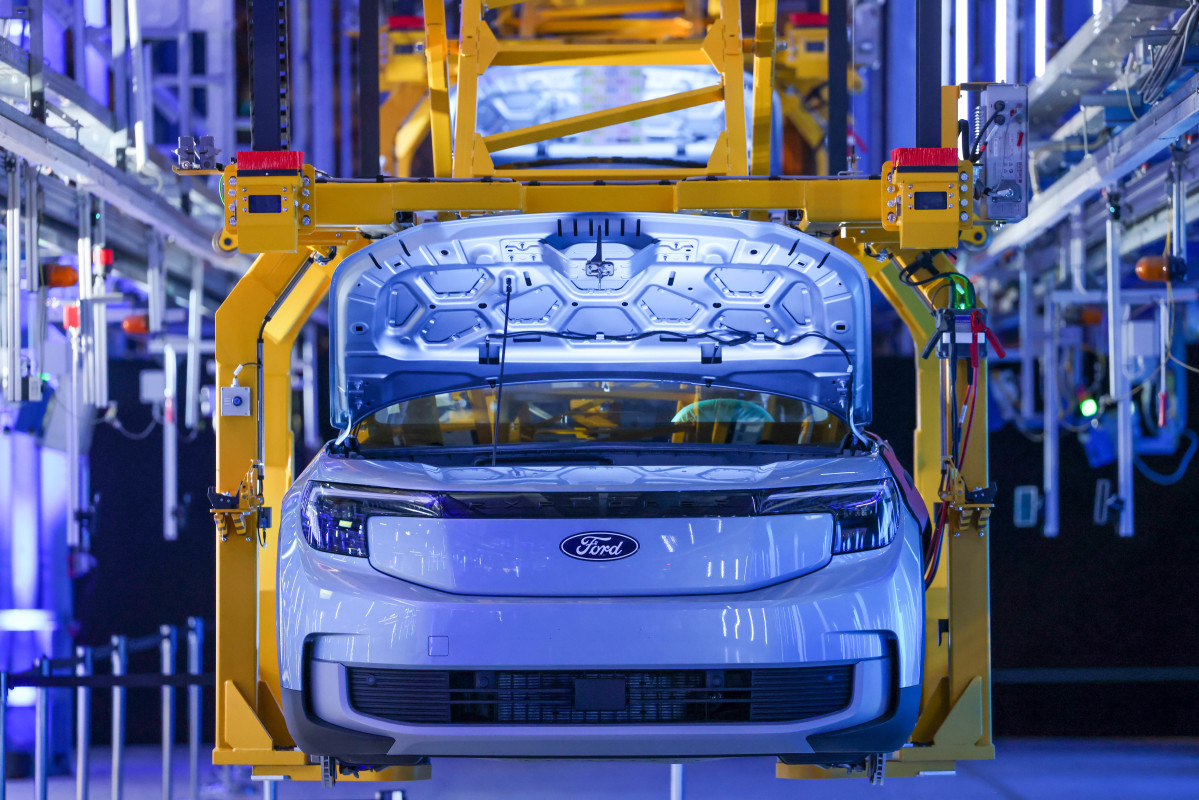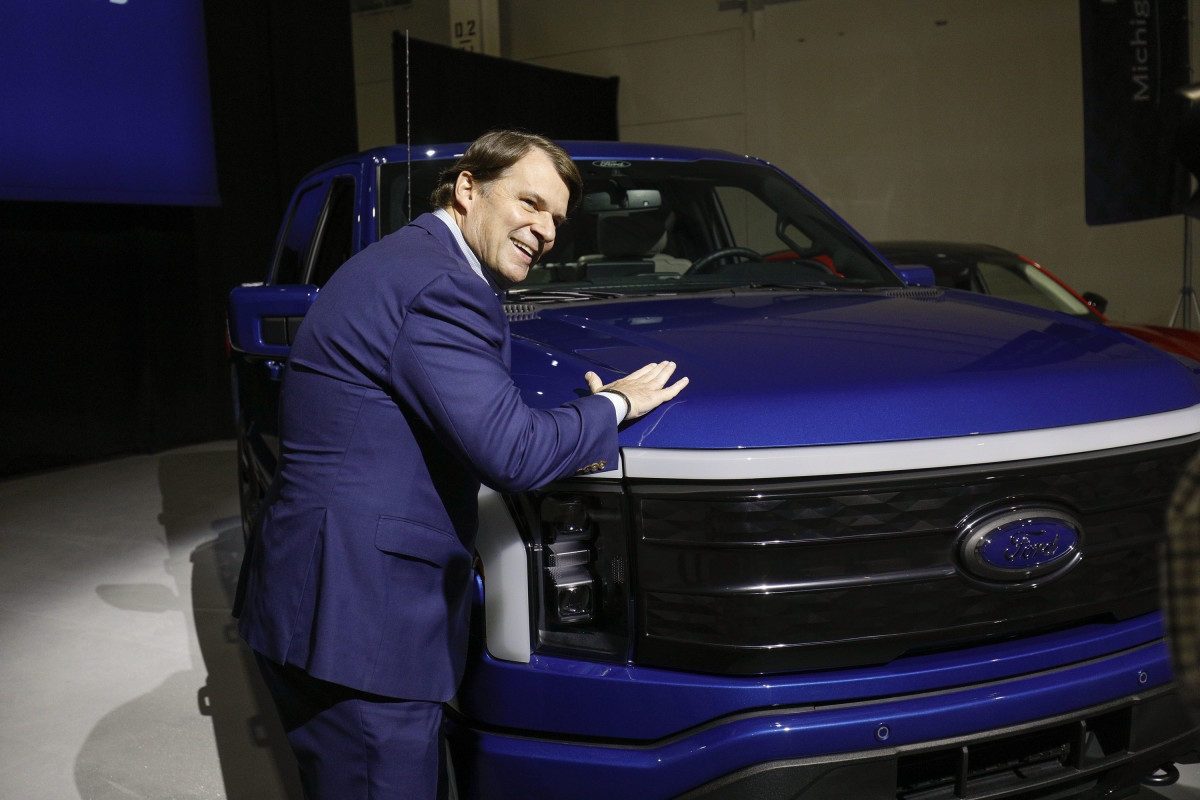
Ford (F) -) has been facing a tough trail lately and it seems it's about to get bumpier.
Related: Tesla analyst explains why Elon Musk should abandon the Cybertruck
After construction paused on the Blue Oval Battery Park near Marshall, Michigan two months ago, Ford announced a new update on Nov. 21 that it is scaling back on its original plans to spend $3.5 billion for a factory capable of producing 35 gigawatt hours of batteries annually and employing 2,500 people.

The company expects to cut the capacity down to 20 gigawatt hours and hire 1,700 people for a new price tag of just $2 billion.
The plant in question has raised concerns from U.S. lawmakers, as the factory will use technology licensed by Chinese firm CATL. Ford itself will own the factory, and will be allowing the United Auto Workers to organize its workers once it opens.
The blue oval is also pushing the U.S. Treasury Department to approve lithium-iron batteries made at the plant to qualify for the EV subsidies promised by the Inflation Reduction Act. Currently, Ford uses imported lithium-iron batteries in its Mustang Mach-E electric crossover SUV.
More Business of EVs:
- A full list of EVs and hybrids that qualify for federal tax credits
- Here’s why EV experts are flaming Joe Biden’s car policy
- The EV industry is facing an unusual new problem
The Michigan plant is not the only EV battery plant that Ford is scaling down. Previously, the company postponed construction of a battery factory in Kentucky and in Turkey, as it has cut its investments.
Ford's domestic rivals have also slowed down their moves toward electric vehicles. On Oct. 17, General Motors (GM) -) revealed that it will delay production of the Silverado EV and GMC Sierra EV at its Michigan Orion assembly plant until 2025.
Get investment guidance from trusted portfolio managers without the management fees. Sign up for Action Alerts PLUS now.







